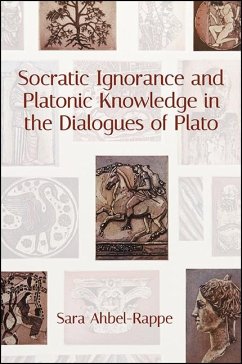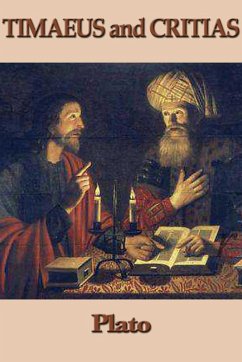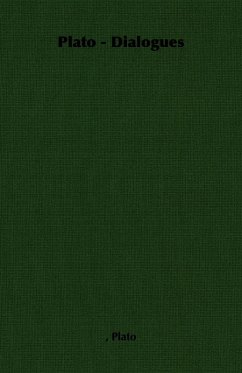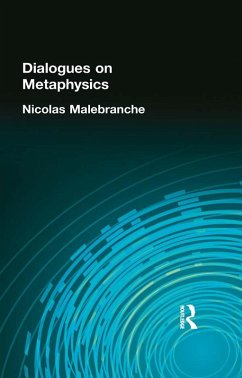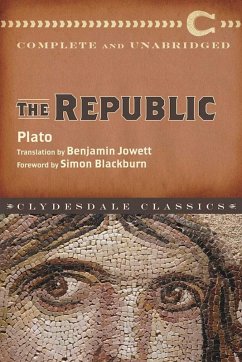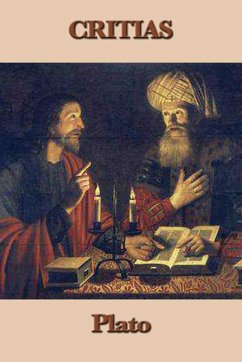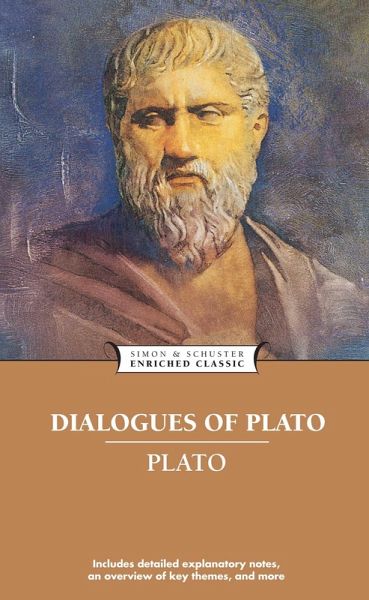
Dialogues of Plato (eBook, ePUB)

PAYBACK Punkte
0 °P sammeln!
In these influential dialoguesEuthyphro, Apology, Crito, Meno, Phaedo, SymposiumPlato employs the dialectic method to examine the trial and death of his mentor, Socrates, and address the eternal questions of human existence. Dialogues of Plato offers a philosophy that has guided man through the ages. In his magnificent writings, Plato, considered one of the greatest philosophers in history, examines our virtues and vices, our problems and questions. With remarkable literary grace, he shows us how man can understand his place in the world and live an intelligent and happy life. This revised edi...
In these influential dialoguesEuthyphro, Apology, Crito, Meno, Phaedo, SymposiumPlato employs the dialectic method to examine the trial and death of his mentor, Socrates, and address the eternal questions of human existence. Dialogues of Plato offers a philosophy that has guided man through the ages. In his magnificent writings, Plato, considered one of the greatest philosophers in history, examines our virtues and vices, our problems and questions. With remarkable literary grace, he shows us how man can understand his place in the world and live an intelligent and happy life. This revised edition features the complete texts of Euthyphro, Apology, Crito, Meno, Phaedo, and Symposium. This edition includes: -A concise introduction that gives the reader important background information -A chronology of the author's life and work -A timeline of significant events that provides the book's historical context -An outline of key themes and plot points to guide the reader's own interpretations -Detailed explanatory notes -Critical analysis and modern perspectives on the work -Discussion questions to promote lively classroom and book group interaction -A list of recommended related books and films to broaden the reader's experience Simon & Schuster Enriched Classics offer readers affordable editions of great works of literature enhanced by helpful notes and insightful commentary. The scholarship provided in Enriched Classics enables readers to appreciate, understand, and enjoy the world's finest books to their full potential.
Dieser Download kann aus rechtlichen Gründen nur mit Rechnungsadresse in A, B, BG, CY, CZ, D, DK, EW, E, FIN, F, GR, HR, H, I, LT, L, LR, M, NL, PL, P, R, S, SLO, SK ausgeliefert werden.





